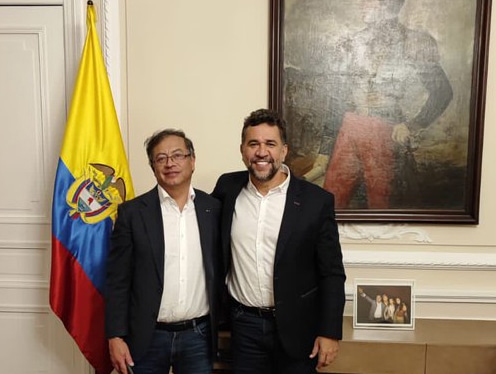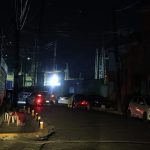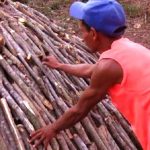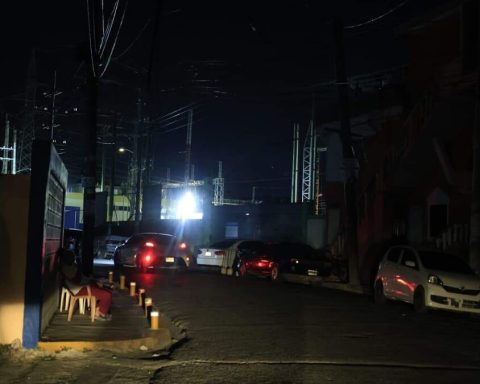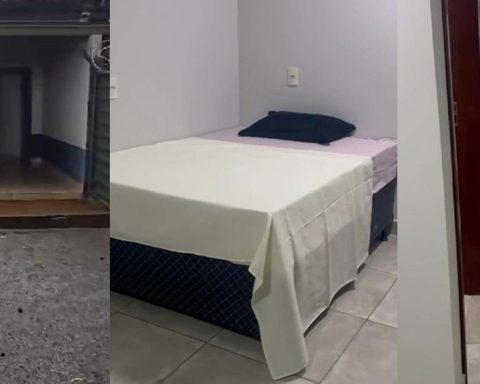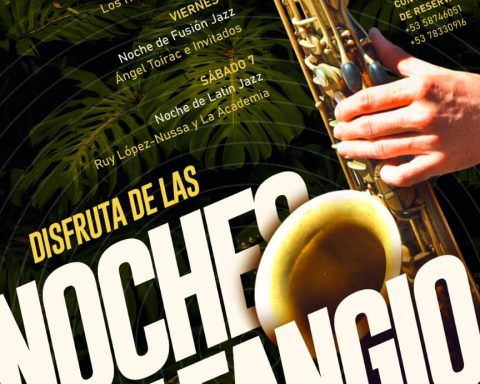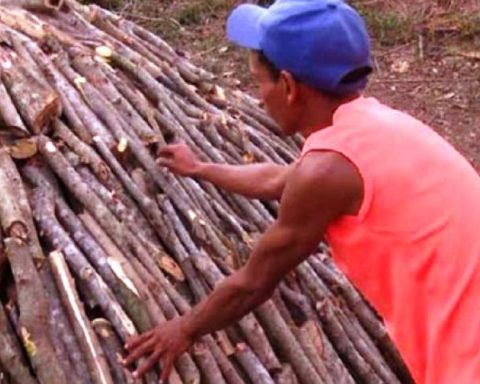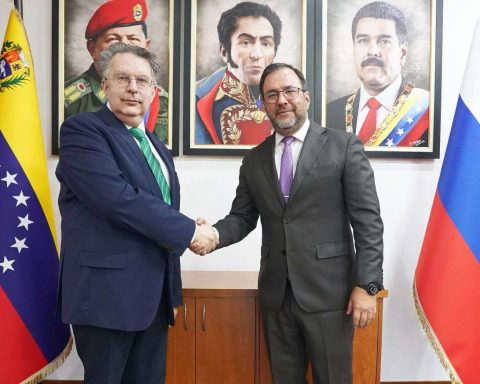The Government of Colombia, led by President Gustavo Petro, appointed León Fredy Muñoz, a politician and a graduate in Education, as its new ambassador to Nicaragua. The appointment was disclosed by Muñoz through his social networks.
“With the winds of change, the doors are opening for our country to return to brotherhood in Latin America. I thank President Gustavo Petro for this designation and trust,” Muñoz wrote.
With the winds of change, the doors are opening for our country to return to brotherhood in Latin America.
I thank the president @petrogustavo for this designation and trust. The reestablishment of relations with Nicaragua will be a reality. pic.twitter.com/Gt249vfTfp– León Fredy Muñoz (@LeonFredyM) August 12, 2022
In addition, the Colombian diplomat stressed that “the reestablishment of relations with Nicaragua will be a reality.”
Among the political positions he has held are: congressman of the Colombian Chamber of Representatives, between 2018 and 2022, for the Alianza Verde party; and councilor of the Bello municipality, between 2012 and 2015.
accused of drug trafficking
The ambassador appointed by Petro faces a judicial process, since 2018, for the alleged crime of trafficking, manufacturing or carrying narcotics, after he was captured carrying 160 grams of cocaine.
Muñoz was captured, in May 2018, a month before positioning himself in the Colombian House of Representatives, at the José María Córdova International Airport in Rionegro, in Antioquia, carrying cocaine in his hand luggage, according to the international media report.
The diplomat’s defense argued that it was a “setup” and that the suitcase had been “loaded and handled” by other people.
Last June, the legal process against Muñoz was still ongoing. The Argentine media Infobae reported that the Supreme Court of Justice of Colombia accepted the evidence in the second instance; calls and location, which the now ambassador requested were taken into account in the process.
The tensions between Nicaragua and Colombia
Relations between Colombia and Nicaragua have remained tense since last year. The Colombian Government, then led by former President Iván Duquecalled for consultations, in July 2021, to his ambassador in Nicaragua, Alfredo Rangel Suárez, expressing his rejection of what he considered a “systematic persecution” against the Nicaraguan political opposition, journalism and social leadership.
The Ministry of Foreign Affairs of Colombia, through a statement, regretted that in Nicaragua “acts that violate the democratic guarantees, civil and political rights of the Nicaraguan people” were being recorded.
Colombia made it clear at that time that it wanted to seek options for the “return of democratic institutions” in Nicaragua.
The Ortega regime responded to the action of the Colombian government and also called its ambassador to Colombia, Yara Pérez Calero, for consultation. On that occasion, the Nicaraguan government also called the Nicaraguan ambassadors in Argentina, Mexico and Costa Rica.
The spokeswoman for the Sandinista Front and vice president of Nicaragua, Rosario Murillo, justified the calls for consultation by indicating that they had observed “the constant and undeserved disrespectful, interfering, interfering and interventionist accusations in our internal affairs, by the highest authorities of each of these countries on issues that only concern our peoples and our Government”.
Next, the government of former President Duque did not recognize the Nicaraguan general votes, held in November 2021, considering them “an announced fraud.” In those elections, the Ortega-Murillo regime was re-elected without political competition for a fourth consecutive term.
Last February, The Government of Colombia ended up withdrawing its ambassador to Nicaragua after the regime of Daniel Ortega and Rosario Murillo branded them a “narco-state.”
“Given the statements made by Daniel Ortega (…) our government ordered Ambassador Alfredo Rangel to present a note of protest to the Nicaraguan Foreign Ministry, forcefully rejecting this new offense against the honor of our Nation, and asked him to return to the country immediately,” he said. the Ministry of Foreign Affairs of Colombia in a statement published on February 23.
Former President Duque pointed out, according to statements published last May by VOA News, that the only way that the Colombian ambassador would return to Nicaragua it would be until “democracy is restored”.
